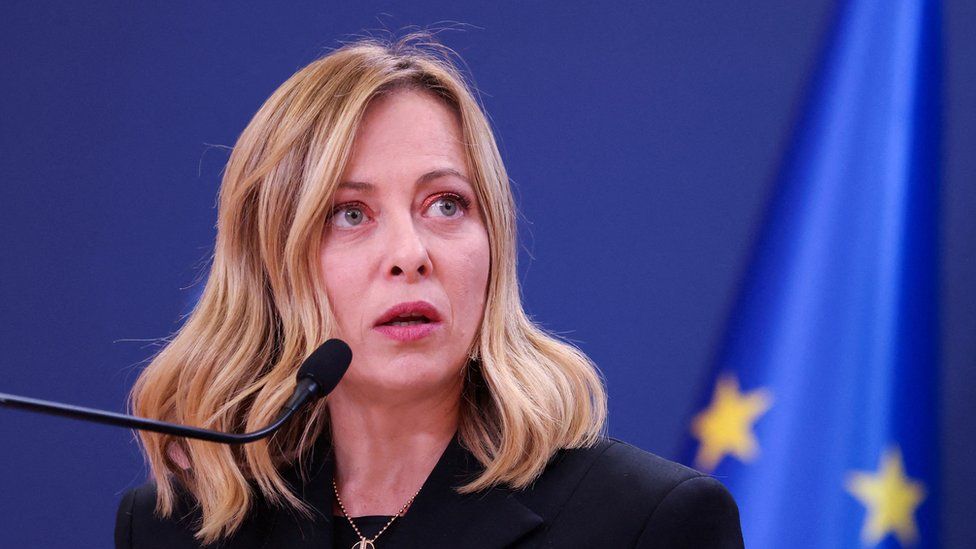-

-
-
Loading

Loading

Italy has officially announced its decision to withdraw from China's Belt and Road Initiative (BRI). Prime Minister Giorgia Meloni's administration informed Beijing that they would cease participation in the BRI before the end of the year. Italy was the sole major Western nation to join the BRI in 2019, and this move faced criticism from the US and others at the time. The BRI, launched by Chinese President Xi Jinping in 2013, aims to invest approximately $1 trillion in infrastructure projects across Asia and Europe. However, the BRI has faced criticism for being a form of "debt-trap diplomacy" by the US, claiming that China's projects are financially unsustainable for countries involved. Italy was the largest EU member, mainly in Eastern and Southern Europe, to have signed up to the BRI. If Italy had not notified China of its withdrawal by the end of this year, its BRI membership would have automatically renewed in March 2023. Prime Minister Meloni had previously expressed disagreement with a previous government's decision to join the BRI and indicated a desire to withdraw. However, her administration emphasized that they aim to maintain good relations with China despite this move. Only a fraction of the promised up to €20 billion investment in Italy from President Xi in 2019 has been realized so far. Italian exports to China increased to €16.4 billion last year, compared to €13 billion in 2019. In contrast, Chinese exports to Italy rose from €31.7 billion to €57.5 billion over the same period. It is worth noting that China trades more with EU members France and Germany, even though these two largest eurozone economies are not part of the BRI. Since taking office last year, Prime Minister Meloni has pursued a more pro-Western and pro-NATO foreign policy compared to her predecessors. This decision comes ahead of a summit between EU Commission President Ursula von der Leyen and President Xi, during which von der Leyen is expected to urge China to reduce the supply of cheap goods, including solar panels and electric cars, to the EU.